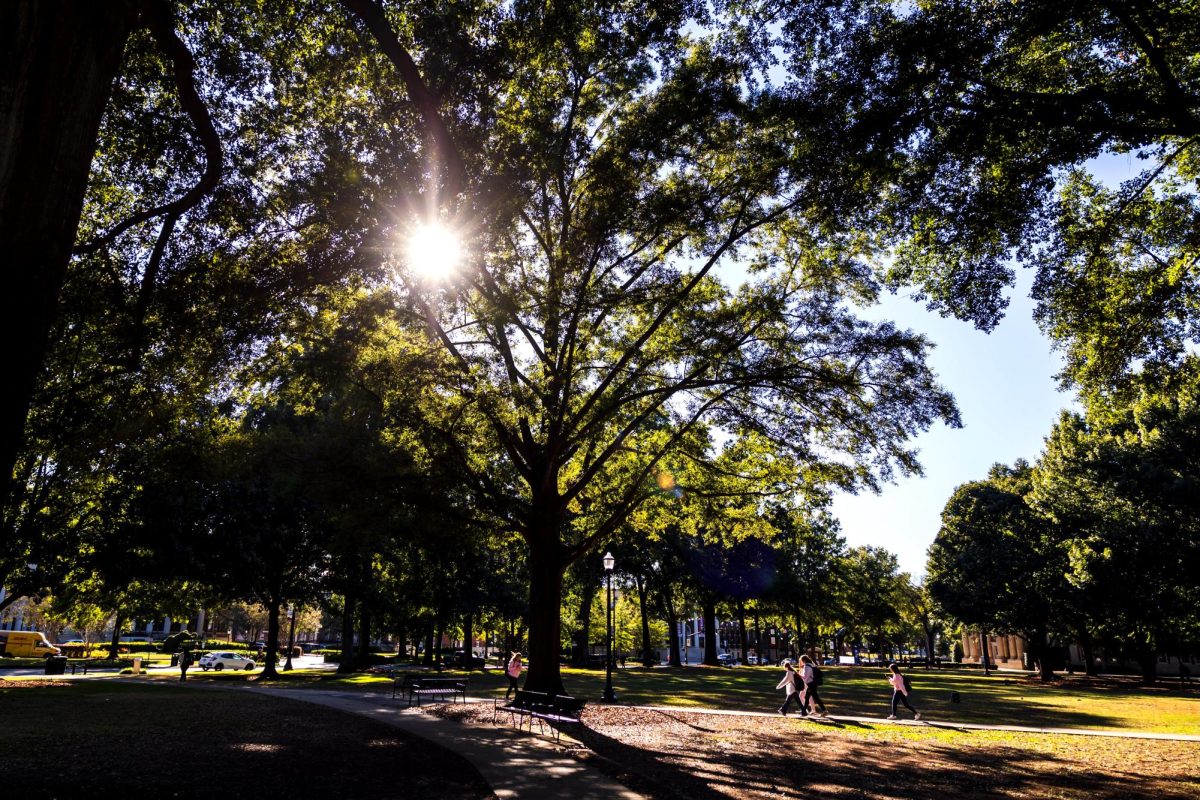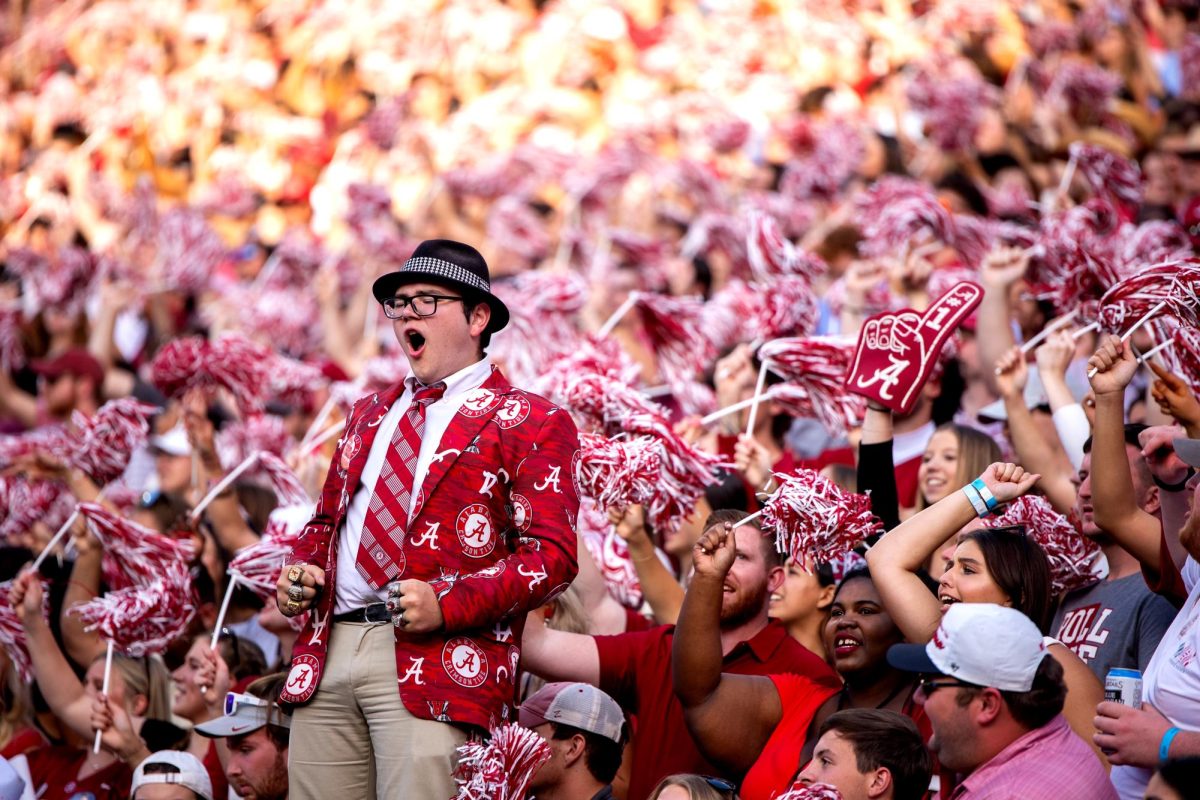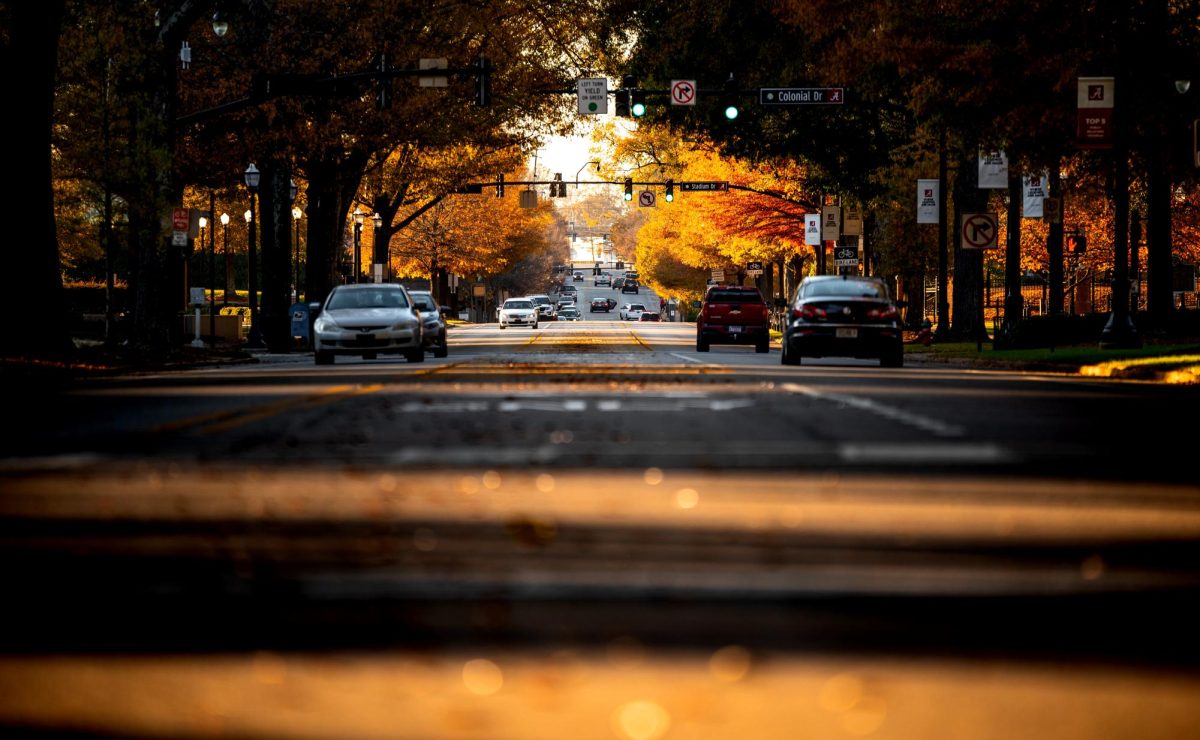It is hard to write on this subject without feeling like a giant hypocrite. I am sitting down in what is basically a small mansion in the suburbs of Birmingham, shielded quite well from the rampant poverty that makes up the majority of the region.
As I type, I occasionally pause to sip on my venti iced coffee ($2.99), and wipe off the condensation droplets that fall on my Macbook ($999.99). A text message (unlimited plan, $19.99/mo.) just chimed on my iPhone ($199.99 with two-year $59.99/mo. activation). When I get stuck on a thought, I switch over to Facebook for a bit, which I am able to browse wirelessly with a router ($59.99) on a 10-megabit-per-second cable broadband line ($69.99/mo.).
These are just the luxuries I use within 30 minutes of my day starting. And despite all of this, I am not rich. My parents’ income plus my own puts me at the lower end of the middle class. By the standards of this university, with its many Beamers and Benzes, I feel downright poor. After all, the only way I can even attend classes here is with copious amounts of financial aid in the form of grants, loans and scholarships…and I’m in state! With another tuition increase looming, I have to wonder what the ratio of C-Classes to Civics is going to be this fall.
Something feels wrong when I see the status updates on Facebook complaining about the BP oil spill. These students, all in economic positions similar to or better than my own, foaming at the mouth at the grave injustices committed by the evil Big Oil executives. “How dare the CEO take a vacation when one of his thousands of oil rigs is leaking! How out of touch those fat-cats are with the plight of us, the poor!” These same students crying foul were, a year ago, all outraged at having to pay an extra dollar for a gallon of gasoline.
If offered a choice between paying $6 per gallon at the pump and having a clean coastline for their Spring Break vacation, or paying $2 per gallon and turning a blind eye, which would these students choose? How many ski resort profile pictures would we see in place of beach shots next March?
Our lifestyle has inflated to a point where the issues of the day should be expected. A population that consumes more each day than the day before, that destroys any company that would place the environment and human decency above its own bottom line, and that bitterly hates any administration that tries to control the actions of its producers, must welcome oil-slicked tides with open arms.
These people must embrace the impoverished immigrants from neighboring nations who we pay to come here illegally, to toil and keep our double cheeseburgers on the value menu. They must cheerfully wave goodbye to ice caps and polar bears. And whenever the system shakes and threatens to topple, they must joyfully give up their taxes to keep it propped up. To do anything else means to eat less, to wear less, to have much, much less.
How can we demand more and more, for less and less money, and have the gall to gallop by on high horses and hoot at industrial accidents? How out of touch are the rich corporate executives, in light of all this? At least they embrace the reality of their lives with more honesty and authenticity than we are apparently capable of. We are the only animals on this planet that are capable of knowing and appreciating the situation, yet we do not appreciate and would rather not know. Our addictions blind us to the truth: that we cannot sustain, much less expand, our consumption without considerable cost to the world. It is a painful realization, and perhaps it will take many more oil spills and wars for us to truly wake up, and just make our own damned coffee.
In short: The oil spill is a byproduct of our way of life. When we will realize the true costs of our consumption?
Sam Arnold is a junior majoring in philosophy.








